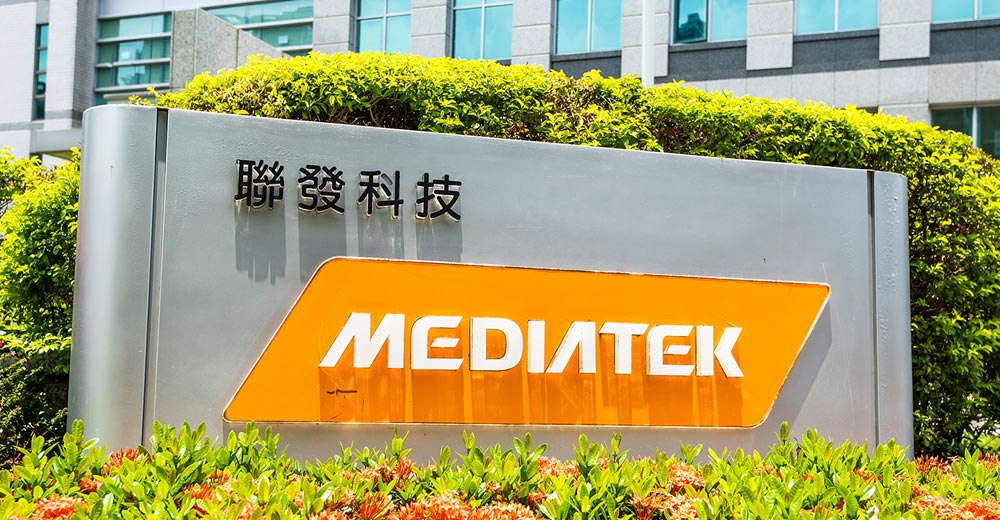I was struck by the news that Oracle has filed a suit in federal court over the US$10 billion Pentagon JEDI contract to be awarded to a single vendor. Oracle claims that the single-vendor award is unfair and illegal, a claim it first filed with the GAO, or Government Accountability Office. The suit followed the GAO’s denial of Oracle’s claim.
My first instinct was to call this what it looked most like: legislative entrepreneurship. In other words, it’s easier and less costly to bring a lawsuit and try to engage your congressional representatives than it is to do the hard work of research and development on products that people want to buy.
It also can be described as rent-seeking behavior. In rent-seeking, one party seeks to increase its share of existing wealth — like market share in the database market — without creating anything new. I am not an economist and am willing to be corrected on this, but first hear me out.
Synergy Counts
One of Oracle’s reasons the award should not be sole-sourced is that it already has increased the wealth of the database industry in ways unmatched by any of its competitors, especially Amazon Web Services, or AWS. As Oracle Senior Vice President Ken Glueck told TechCrunch: “The technology industry is innovating around next generation cloud at an unprecedented pace and JEDI as currently envisioned virtually assures DoD will be locked into legacy cloud for a decade or more. The single-award approach is contrary to well established procurement requirements and is out of sync with industry’s multi-cloud strategy, which promotes constant competition, fosters rapid innovation and lowers prices.” To be clear, Glueck was referring to Oracle’s next-generation cloud technology.
Oracle might have a fair point to make. Most of the database industry is far behind Oracle these days due to the company’s autonomous, self-patching database technology, supported by devices that keep data in memory for the fastest database operations possible.
The Oracle database definitely will run on AWS infrastructure, and Oracle’s benchmarks show that its database runs better on AWS than Amazon’s own databases, named “Redshift.” However, the same performance boost Oracle gets running its database on its servers is not available on AWS, because much of Oracle’s superior performance comes down to the software and hardware engineered to work synergistically.
Bad Bakeoff Timing
Although the JEDI award is still pending, other vendors, such as IBM, have been pulling out of the process, with many of the same complaints as Oracle. Increasingly, it looks like the real competition isn’t between AWS and Oracle software but between the companies, based on the market share each has in cloud infrastructure.
Oracle entered the competition relatively late, and Amazon has been building its infrastructure much longer — but should a purchase like this come down to considerations of physical plant over technology? What about competition?
This brings us back to the idea of a single award. In many if not most defense procurements, DoD sets up a bakeoff — a competition between two vendors or consortiums that build prototypes and test them against a set of evaluation criteria developed in advance.
For instance, the contract to supply jet engines for the F35 joint strike fighter was between Pratt and Whitney and GE/Rolls Royce. The competition lasted for years and eventually was won by Pratt and Whitney — but keep in mind that both competitors were paid billions to develop prototypes.
A similar competition would make sense for JEDI. True, it would add complexity and time to the procurement, but that’s what you do to ensure the taxpayers’ money is being well spent. The JEDI program seems like the DoD is trying to run the bakeoff during the rollout rather than before.
The award is a series of awards with go/no-go decision points. Presumably, if the winner can’t meet expectations after, say, the first two years, the contract can be canceled. This approach can be costly if it fails, however, because whatever was deployed would need to be rehosted — effectively deployed twice.
My Two Bits
This is the wrong debate. The core issue that somebody ought to be addressing is how software vendors strike down the last walls between systems and produce a fully interoperative software utility that doesn’t look under the hood at which badges are on the database engine but accepts that whatever is there works.
Oracle has a point that it offers technically superior products, and Amazon can make a fair case about deployability — but we would never have gotten to this point if there were better interoperability between systems.
Perhaps no one in tech wants to hear this, but technology is rapidly commoditizing. The mere fact that a supercomputer is in most people’s pockets today testifies to this. Interoperability is an inevitable part of commoditization — either because vendors conclude it’s better to work together, or because all but one or two vendors exit the business.
Oracle has a point: It has superior technology. Amazon has a point: It has superior market share. Of the two, it’s a heck of a lot easier to build cloud data centers than it is to design and build the software. This process, if left unchanged, will ensure that DoD can deploy old technology rapidly. We should never have gotten to this point.























































Social Media
See all Social Media